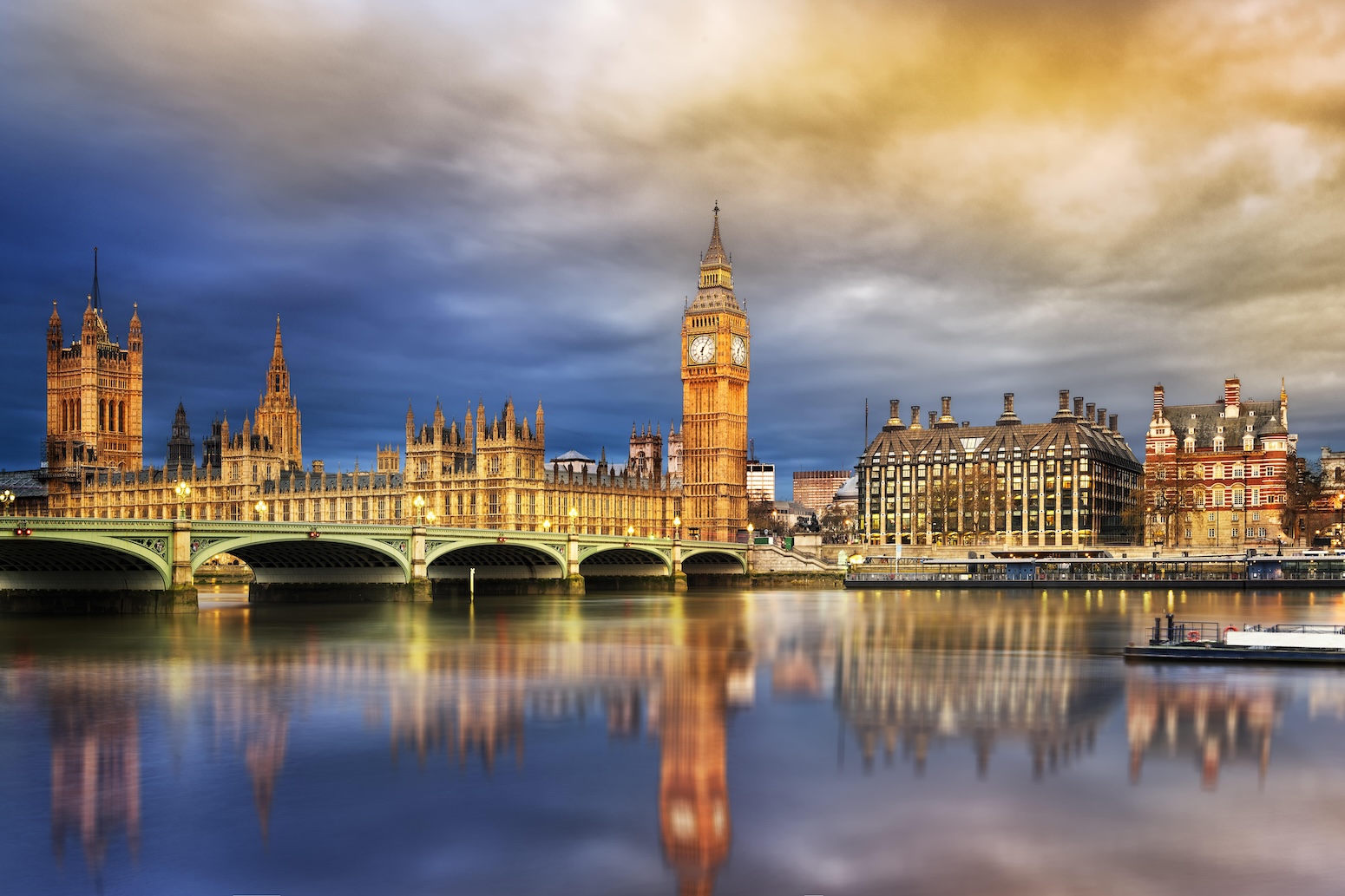On 4 July, the UK will head to the polls to elect new members of parliament in the general election.
People up and down the country will vote for a local MP in each of the nation’s 650 constituencies, who will then represent them in Westminster.
After the votes are counted, the King will ask the party with the most elected MPs to form a government, which will then lead the country over the next five years.
Climate change, nature and the net-zero transition are expected to play a “central role” in the election, with the environment and climate change the fifth most important issue to voters – after the cost of living, health, the economy in general and immigration and asylum – according to a recent poll from YouGov.
With the exception of climate-sceptic Reform, all major political parties continue to back the UK’s net-zero climate goal. Heading into the election, however, they have talked about the target in very different ways, with the Conservatives focusing on costs and Labour on benefits.
Following 14 years of Conservative government, which included the Covid-19 pandemic, the global energy crisis and Brexit, the polls overwhelmingly suggest that the opposition Labour party will take power in July.
In the interactive grid below, Carbon Brief tracks the commitments made by major political parties in their latest election manifestos. The grid covers a range of issues connected to energy and climate change.
Each entry in the grid represents a direct quote from one or more of these documents. The grid will be updated as each party publishes their manifesto.
More analysis to follow.
Sharelines from this story




















Discussion about this post